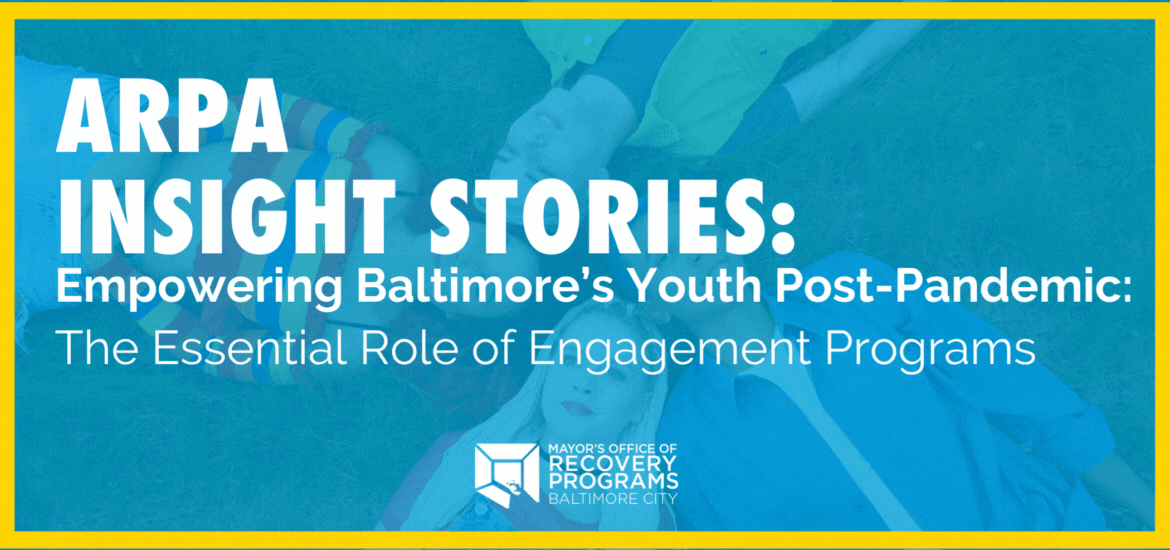
Investing in Programs that Reconnect, Rebuild, and Develop Resilience in Baltimore’s Youth
As Baltimore emerges from the pandemic's shadows, addressing youth challenges, from social isolation to mental health strains, is crucial. Amidst adversity, Baltimore's investment in local youth engagement programs offers hope, assisting those facing heightened mental health issues. According to a survey on youth mental health conducted by the National Library of Medicine, the pandemic has exacerbated issues like anxiety, depression, and loneliness among young people surveyed. However, youth engagement programs may promote well-being and resilience through structured activities, peer support, and resource access.
These programs have become more essential than ever after the pandemic. They serve as catalysts for social reconnection, offering youth the chance to rediscover their communities, forge meaningful relationships, and reignite their sense of belonging. After months of isolation, these programs provide invaluable opportunities for youth to rebuild their social networks.


